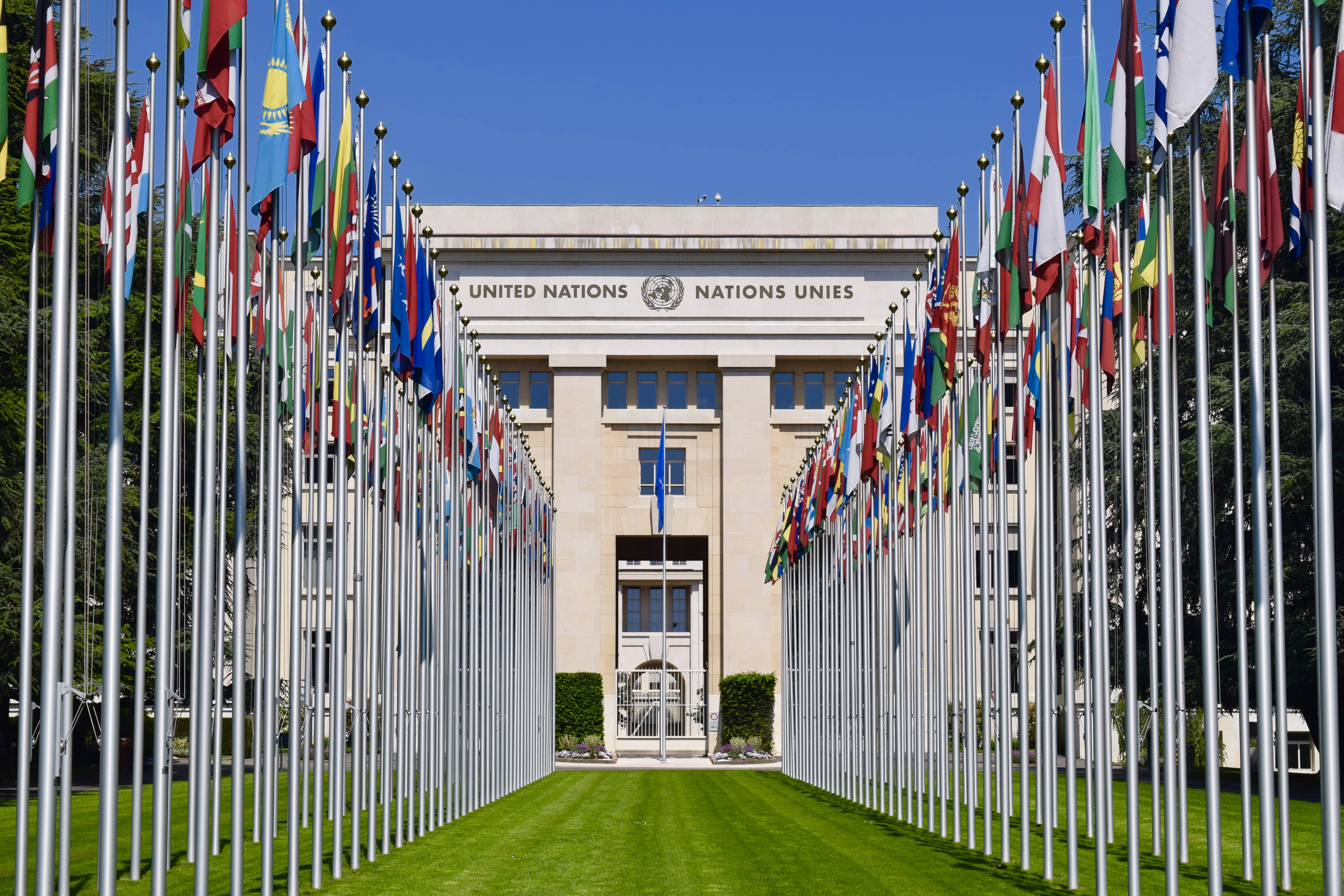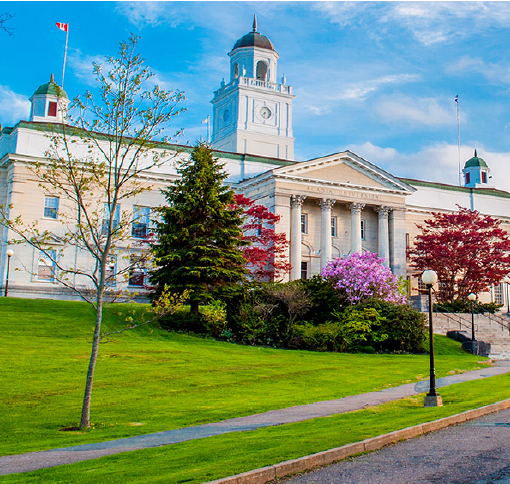This summer I had the opportunity of a lifetime: interning at the United Nations in Geneva. I initially didn’t believe it when I read the email, but I was quick to accept the opportunity. Thoughts of working in the world’s humanitarian capital excited me.
My internship took place at the International Telecommunication Union (ITU), the UN specialized agency for information and communication technologies (ICTs). Housed across the street from the fabled Palais des Nations, the ITU fits a unique niche of the UN system. Since its creation in 1865, much of the ITU’s work has been concerned with telecommunications and radio spectrum allocation. However, as technologies have advanced the ITU has struggled to keep up.
Interns play a unique role in the UN system. Because the UN doesn’t pay their interns, the financial onus is on the interns themselves to finance their stay of anywhere from two to six months. Working part time during the summer is impossible due to the strict nature of work visas and hours dedicated to the UN. A modest meal at a restaurant could cost anywhere from $24-37 CAD. These conditions have pushed young professionals desperate for the UN brand on their resume to extremes. One intern found the cost of living so extreme that he was forced to live in a tent. Another was found living in an office basement.
My experience was overall positive. Living in Switzerland for three months was an incredible experience that I won’t forget. Having gone in with lofty idealism, I left with cautious optimism moulded by the reality of the international system. It was in no small part thanks to my outstanding supervisor, who kept me grounded and level-headed.
Here are the biggest things I learned.
The system rewards age, not always experience
Those within the highest-level positions are significantly older than the rest of the workforce. Only those over 45 years old are able to be appointed to chief-level positions that lead various departments. This effectively traps whole departments in the past, with creative solutions to new problems not considered by senior management. Often those who are the best workers are passed over for political appointees who rise exponentially through the ranks after completing a long career in their respective country. This does two things: it keeps younger workers out of the organization, inhibiting change at its foundation, and creates a parallel system within the organization. The two systems, one composed of political appointees and the other composed of hard-working and underpaid UN employees, often clash and result in stasis.
States are at the centre
This shouldn’t come as a surprise, but what I found fascinating was how the interests of states shape the entire process. For example, the UAE recently opened a renovated conference room at the Palais des Nations. During a conference on artificial intelligence where I was taking notes, the Kingdom of Saudi Arabia sponsored lavish receptions to win the favour of visiting officials and dignitaries. Prestige is critical to international relations and advancing the agendas of states. Seeing it firsthand was fascinating.
Slow and bureaucratic
However, it can get mind-numbing and frustrating. There were times when my colleagues and I ground our teeth as we went through five people to get approval for a PowerPoint. It was disheartening to see that there were many people doing the same job and some doing none at all. In France they are referred to as fonctionnaires– lazy civil servants. Ironically most ITU employees are given a badge on their first day with fonctionnaire splashed in bright white letters.
Contempt towards youth
It wasn’t always obvious. It would be small things like being called “boy” by older staff members in the cafeteria or not receiving a thank you after holding the door open for throngs of people. If those had happened once or twice they wouldn’t have registered, but the consistent lack of respect and professional courtesy afforded to interns and young professionals is noticeable. We were often the first ones in the office and the last ones out yet looked upon by some as exploitable free labour.
The system can change if it tries
The potential for change is and has always been there. I had the privilege of working with a colleague from Singapore who had spearheaded the successful movement to get interns at the World Health Organization a daily lunch voucher. Though it was only 10 francs a day ($13.20CAD) it’s a huge step towards the ultimate goal of paid internships, which will be realized in 2020. I’ve seen that same energy in the youth at ITU. This summer we started an Intern Board to legitimize our presence within the organization. Taking these small steps may seem inconsequential right now, but when we’re negotiating for a stipend or eventual pay down the road, their full force will be felt.
Real diversity
An American dancer. A Belgian lawyer. A Mauritian student. An Italian polyglot. A Chinese engineer. A New Zealander born in Italy and raised in France. A Polish PhD candidate. A Nigerian businessman. These are a handful of profiles of interns I had the privilege of working with. Each brought a unique take to problems, creative solutions, and a wealth of experience that made us stronger as a collective. My time in Geneva reinforced my belief that diversity in the workforce is crucial to making good decisions.
Good things take time
Much of the work done at the UN isn’t done in days or weeks, but months and years. The flashy headlines quickly disappear and leave the organization as a punching bag for skeptics of the international order. Yet the work done within the UN family remains increasing important. Things like spectrum allocation and monitoring the development of regulatory agencies may not be as sexy as saving the world from an Ebola outbreak, but they have major consequences regardless.
Bringing people together for the common good has been the central goal of the UN. Should it continue to do so it must address issues endemic within its organizational culture, though I have faith that those committed to its principles, young and old, will bring that change.
Eventually.
Colin Mitchell is a fourth year (Honours) Politics student and Editor in Chief of The Athenaeum.





